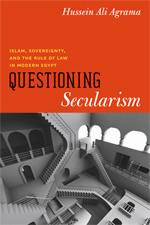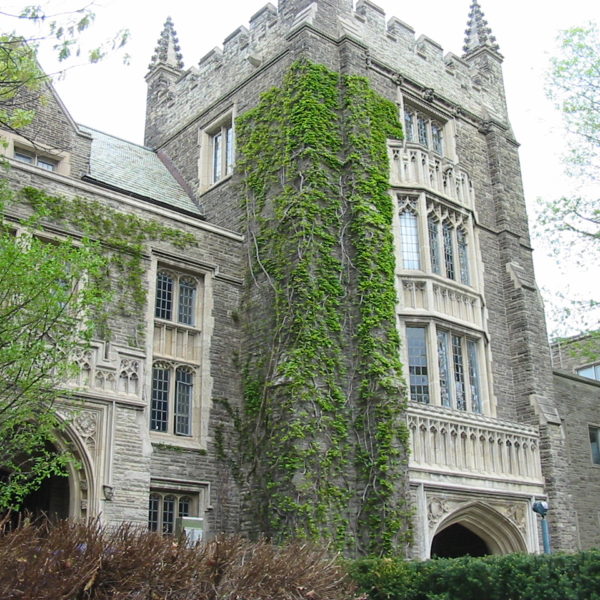
In the academic setting of Religious Studies, developing curricular spaces in which to thematize the relationship of religion and politics is a highly effective way both to engage undergraduate students, and to tap into and develop the research interests of graduate students. Over the past several years, I have developed courses at both levels in this area.
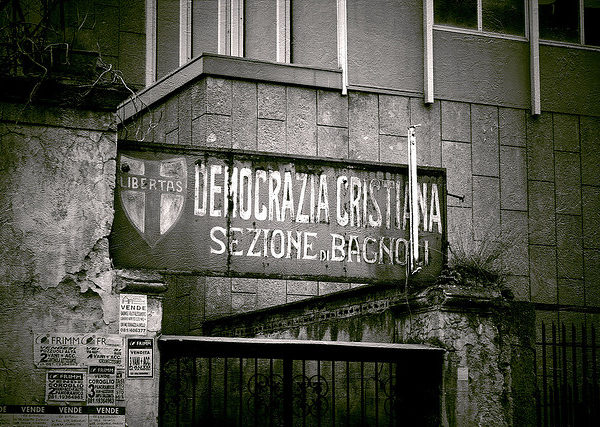
The election of Matteo Renzi represents a low point in the fortunes of political Catholicism in democratic Italy, as engaged Catholics across the political spectrum have less influence over the national government than at probably any point since World War II. This decline in fortunes illustrates the weaknesses of mainstream Catholic political strategies in the post-Cold War era. A cross-country comparison of Italy and the U.S. can help illustrate how the struggles of political Catholicism in the early twenty-first century reflect certain weaknesses in the Catholic Church’s current understanding of its social mission.
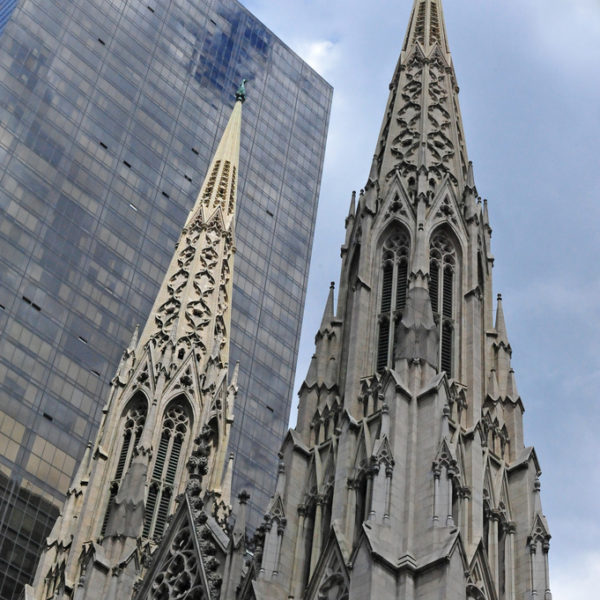
This may seem an odd pairing – Secularism and Political Theology – but in a way that I can’t quite articulate, they still seem to go well together, beyond being two important recent topics that weren’t yet covered by the course offerings in my department.
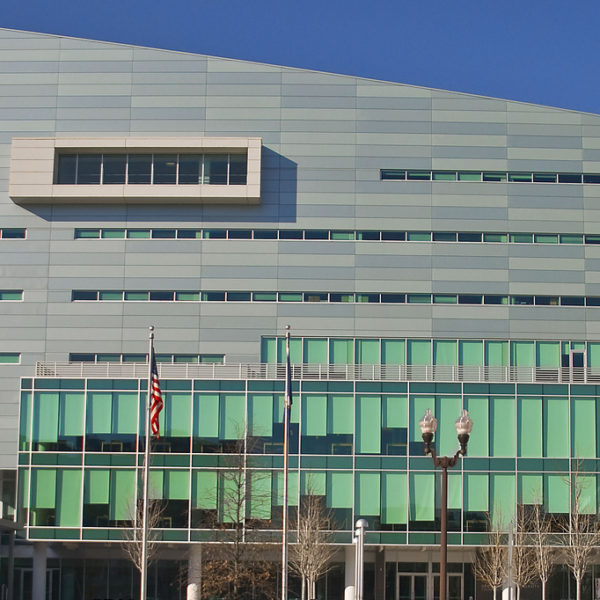
When I was asked to contribute syllabi on political theology I thought it would be a great chance to look back and reflect on how my thinking and teaching on the topic have evolved. I think of a course I am currently teaching under this rubric, even though its title and official description eschew all reference to theology, and some of the very first courses I taught were expressly geared toward the topic of political theology.
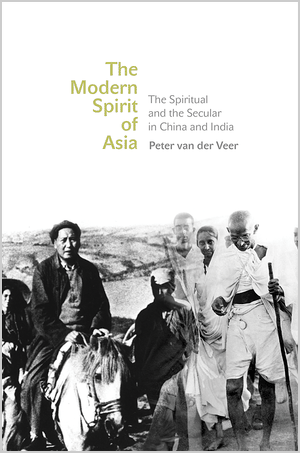
This is a book about India and China. It is about the ways in which these nation-forms, and the nationalist understandings of religion that have thereby developed, have been transformed by Western imperial modernity.

If an academic field is defined in part by its canon, wide divergence on canon would suggest that what appears to be a field might not really be one. In the case of political theology, there seems to be this sort of incoherence: an anthropologist writing an article about political theology may never have heard of Dorothee Sölle, while a seminary professor writing an article about political theology might never have heard of Claude Lefort.
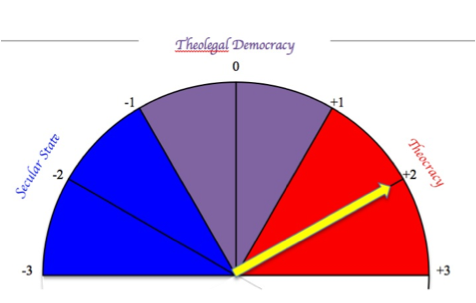
The United States is comprised of a religiously diverse citizenry, which leaves officials to balance the tension upheld by a constitution that simultaneously prevents the establishment of a national creed and yet preserves one’s right to freedom of religion. In practice, officials in the United States cannot legislate theology, but they can, and do, use theology to legislate.
As a result, the United States is not a secular democracy where laws guarantee freedom from religion and dismiss theological rhetoric in the political process; neither is it a theocracy, where a single religion prescribes all laws. Whether we like it or not the United States is a theolegal democracy.
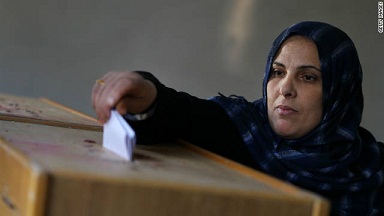
In the coming weeks, the Political Theology blog will be hosting a symposium on Political Theology and Islamic Studies, bringing together reflections from a number of leading scholars at the intersection of these fields. The editors are very grateful to our Contributing Editor, M. Owais Khan, and to Abbas Barzeger, for their long labors in putting together and editing this symposium. This first post introduces the questions to be discussed and the contributors who will be participating.
